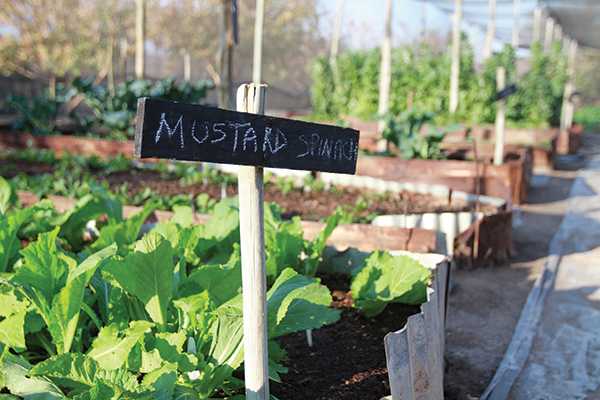Terra Cotta Pottery studios open in Notwane
Terra Cotta Pottery studios located in Notwane opened its doors to the public on Saturday, marking one of the many highlights of this edition of the Winter Open Farm event.
The main activities of the event took place at Kingfisher Farm also located in Notwane. Other highlights for the day included a tour of the Kingfisher Farm, and learning all about Organic farming, as well as enjoying a relaxed atmosphere with friends and family.
A special place for those who are passionate about Pottery, guests had a rare chance to try their hand at Throwing, and making their own unique pieces under the guidance of Kealeboga Tlhomelang, a pottery maestro. As beautiful as all the pottery pieces always look on the shelves, it is not easy to work with clay especially for amateurs.
This reporter was one of those who tried her hand at Throwing, and it was an experience and a half. Trying to concentrate on the clay and pushing your foot on a lever that turns around the potter’s wheel is not an easy thing. But once you get the hang of things, it is smooth sailing from there.
Rika von Schwerin-Franken, an artist at heart, owns Terra Cotta Pottery. The exterior of her home and studio is reflective of her passion. Franken’s specialty lies in using an old age Asian ceramic firing technique called Raku. This technique is tipped to be hot and hazardous due to the acrid smoke.
Her pamphlet states that this is very risky, as pots undergo a severe shock when they are removed from the red hot kiln plunged into organic materials like sawdust, leaves or dung, and then into water. You can clearly see right here that this meticulous technique requires one to be very patient lest they rush the process and are left with an ugly looking item.
According to Franken, this severe difference in temperature creates cracks in the glaze into which smoke from the burning organic material penetrates, sustaining them a permanent, irregular black. Speaking in an interview with BG Style, she explains that she uses tough clay that is sourced from Grahamstown, South Africa because of the shock effect.
The glaze that gives her products a unique look is also sourced from outside the country, Germany to be precise. She says that the Raku is extremely work-intensive, and that it is a fascinating and difficult technique. “For Raku, you cannot use the local clay,” she says.
“It is the best clay in the whole of Southern Africa,” she says noting that she orders a one-tonne clay that lasts her a year, and is stored in dry bags. Most of her costs in the business, she says, go towards paying staff, glazes, clay and labour. “It is labour intensive. We do a lot of decorating, we do fine decorations and the painting glazes come from Germany because I am very particular about my colours,” she explains.
She also notes that the main thing that comes from Botswana is the enthusiasm, tourists who invest in her work and her staff who are very passionate about what they do. She explains that their main focus is on artistic items, and that they ensure that their customers get their hands on unique pieces. One of her gifts is designing and coming up with new ideas.
“I learnt pottery as a teenager, and it is my profession,” she says. She runs classes for those who are interested at a small fee. Speaking in an interview with Tlhomelang, who is based fulltime at Camphill in Otse, she explains that she has been doing pottery for 22 years. She started working with Franken in 2009, and is tasked with throwing.
At Camphill, she is imparting her skills to others, and learnt the art of pottery through reading and watching others. A self-taught student, she says that teaching gives her so much joy. “It brings me so much joy to be able to teach others,” she says.
Franken came to Botswana in 1982. While working at a Game Lodge, she learned traditional Tswana pottery making from an elderly potter. After working briefly for National Museum and Art Gallery, she founded the Pelegano Pottery (now called the Gabane Pottery), a project for women in Gabane.
The project is still running today. In 1998, she travelled for two years on a motorbike through Africa with her husband, Mike Franken, which provided additional inspiration for her to work. Back in Botswana, Franken taught pottery and art at the Gaborone Polytechnic.
Over the years, she has shown her work at several local events as well as exhibitions outside the country including Birmingham and Germany where pieces were sold out. Her customers range from locals and tourists, and she also has a number of customers based outside the country.
Terra Cotta Pottery items are sold at Botswana Craft.






